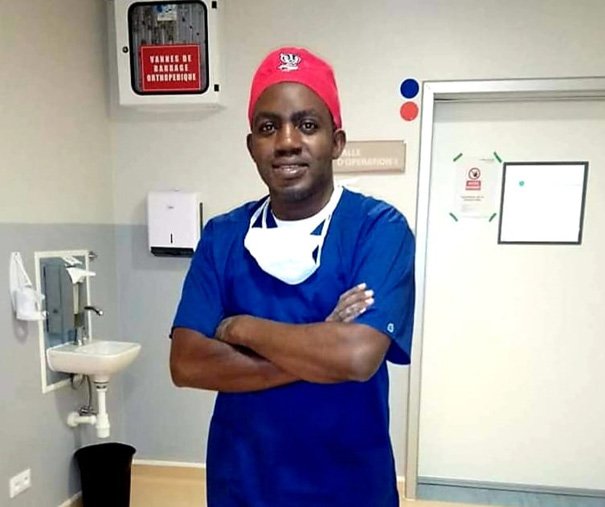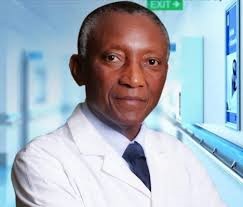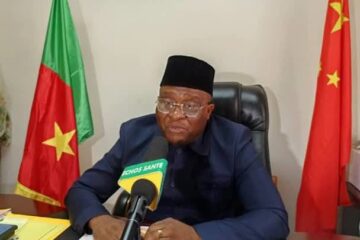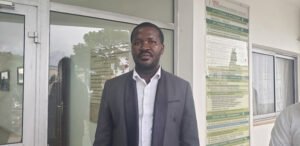Dr Esene Ignatius, Neurosurgeon Delayed management leads to slow recoveryDelayed recovery “Africa contributes only 0.3% of global neurosurgical research

In this interview, the Secretary General of the African Continental Association of Neurosurgical Societies and also the World President of Young Neurosurgeons, outlines the situation of neurosurgery in Africa
Is the situation of neurosurgeons the same in all Central African countries?
I would like to point out that Africa has five regions. The African Society of Neurosurgery, which has 5 vice presidents for Central Africa and West Africa were present in Cameroon for these days dedicated to neurosurgery. The practice of neurosurgery is variable. It is much more advanced in North and South Africa than in Sub-Saharan Africa. And in Central Africa, Cameroon is a key country. If surgery is to be developed in Central Africa, Cameroon must take the lead.
And what about the difficulties…?
The difficulties are on several levels. In particular, there are few neurosurgeons in Africa. Africa has about 2000 neurosurgeons, more than 60% are in North Africa and South Africa, which means that Sub-Saharan Africa has very few neurosurgeons. The other problem is related to infrastructure. The infrastructure is not developed in Africa in general and especially in Sub-Saharan Africa. Then there is the financial aspect. Neurosurgery is extremely expensive. And in the absence of insurance, most patients are unable to pay for the treatment. In addition, there is the equipment needed to care for all these patients. This equipment is extremely expensive and in most countries governments cannot afford to pay for these tools, but over time, the Cameroonian government has made enormous efforts with the creation of certain structures to take care of all these patients.
Does training also play a role in all this?
Yes, training is very important. As I said, one of the problems is the lack of human resources, and to overcome this, people must be trained. In Africa, there are training centres that already exist, there are training centres that are accredited by the World Federation of Neurosurgery… we have seen an increase in the number of neurosurgeons trained in Africa in recent years. Another problem is research. Africa contributes only 0.3% of global research in neurosurgery, hence the importance of training.
Interview by Ghislaine DEUDJUI















